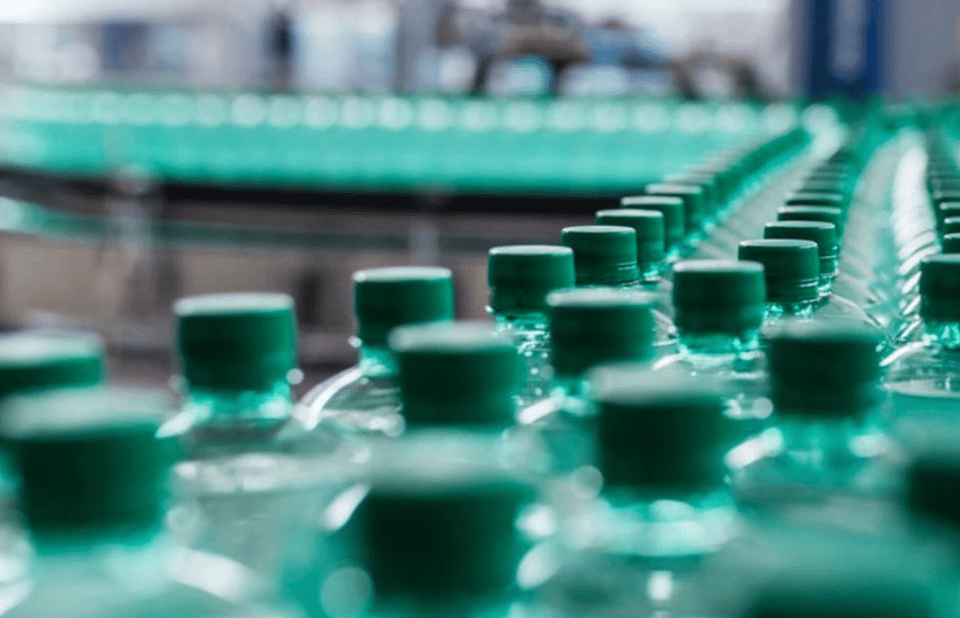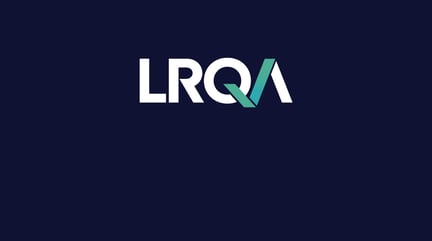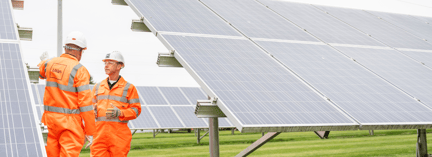LRQA has joined the 3R Initiative to help its members develop a new ‘Project Standard’, designed to tackle the global issue of plastic waste.
The 3R (Reduce, Recover and Recycle) Initiative was founded in 2019 by sustainable standard owner Verra and environmental organisation BVRio and has since been joined by several global food, beverage and packaging companies including Nestlé, Danone, Veolia and Tetra Pak. The initiative aims to bring together food businesses, industry experts and NGOs who have all committed to work together to develop, test and implement three solutions designed to recover, reduce and recycle plastic waste more effectively.
One of these solutions is the Project Standard, which will work by establishing a framework to measure the true impact of the recovery and/or recycling of waste activities, while educating adopters on the implementation of appropriate environmental and social safeguards. These actions will be verified by independent auditors.
Examples of activities assessed under the Project Standard (soon to be released for public consultation) are recyclable material recovery projects, waste collections including ocean clean-ups and community projects, development of new local infrastructure to recycle waste and new technology development.
Stuart Kelly, Global Head of Commercial, Customised Assurance at LRQA said: “LR has a clear mission to make the world a safer place and we’ve got to work together to tackle a problem of this magnitude. However, we also need to consider the impact any activities could have on the way people live and work locally. Consumers are quick to offer what look like simple ‘solutions’ to plastic waste but which could actually have a detrimental effect on local communities if implemented. The 3R Initiative is committed to developing viable solutions which not only tackle the issue of plastic waste itself, but also recognise the need to protect people and their livelihoods as much as possible.
“Our knowledge of global standards and technical expertise in ensuring accreditation and verification rules are met in full will help support this initiative. This will ensure the needs of all stakeholders are met, with positive outcomes of a reduced plastic burden on the planet,” Stuart continued.
The 3R Initiative has also begun developing a Crediting Mechanism in which companies can buy credits to fund local plastic recovery and recycling projects to help benefit local communities and drive a circular economy. This market-based incentive will help increase the value of waste and help minimise the use of new plastic. Finally, the ‘Corporate Standard’ will enable companies to assess and report on their plastic reduction commitments and footprints.
Lukasz Biernacki, Marketing and Communications Lead for 3R Initiative said: “We operate on four principles: cross-sector collaboration, transparency and accountability, innovation, and environmental and social impact. By working together with our corporate members to reduce their plastic waste footprints, we can drive positive change for both local communities and the environment.”
About 3R Initiative
To catalyse zero plastic waste leadership, the 3R Initiative (3RI) is developing a market-based approach that will scale up recovery and recycling activities and increase accountability for plastic waste reduction efforts around the world. The 3RI's flexible mechanism, underpinned by robust standards, will transparently and sustainably increase the value of plastic waste and incentivize new activities that support the circular economy.



